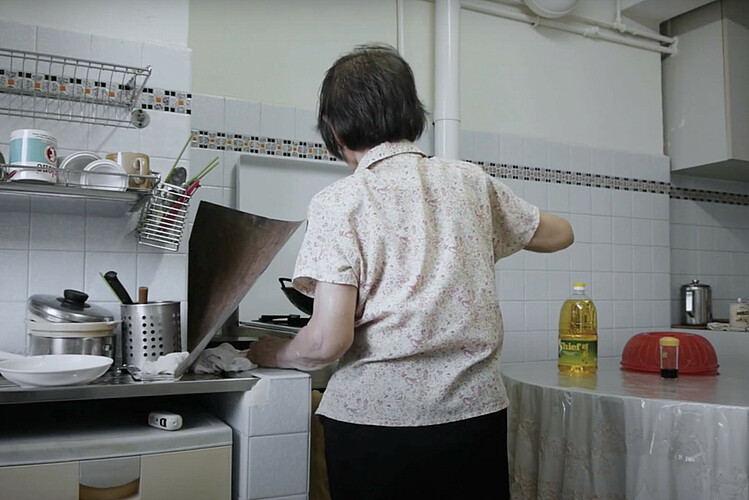Superstudio 3 "FREE SPACE"
Frome Home to Commons: the Collectivization of Reproductive Labor
Reproductive labour includes all the work necessary to maintain human life and, by extension, society as a whole. Often invisible, undervalued and feminized, this labour is essential as it sustains people through caregiving, cleaning, cooking, providing emotional support or maintaining social relationships. Yet, despite the need to collectivize in order to save both human and material resources, this labour is performed mostly by individuals and in the privacy of one's home. For many feminists, the liberation from the drudgery of repetitive and uncreative reproductive labour remains a cornerstone for female emancipation.
Additionally, reproductive roles are burdened by the “crisis of care,” in which the responsibility for maintaining human life is increasingly shifted from defunded institutions to private individuals. This labor is either delegated to hired help - once again reflecting a precarious, racialized, and gendered division of work - or to members of the family or community. In either case, both caregiver and care recipient often remain isolated.
This year’s studio poses the question:What would our living spaces look like if we were to collectivize aspects of reproductive labor?We will begin with personal experiences of reproductive labor and use video as a medium to construct the narrative framework for each project. A workshop on video editing will be offered to support this process.
Our site of investigation is the dilapidated housing block on Hafenplatz - also known as the Hafenpyramide - located on the western edge of Kreuzberg. Built in the 1970s, this building has become the subject of public debate and a growing petition for its preservation, as its central location makes it a prime target for redevelopment. In this context, we will work with real or imagined communities to explore how the collectivization of reproductive labor could inform new architectural approaches to domestic space. Within the broader theme of free space, which connects all chairs this semester, we recognize the potential of both the building and its urban surroundings. We aim to reimagine spaces for shared activities - not only as functional necessities but as spatial manifestations of freedom for those who inhabit them.
All students will work in groups and sessions will be divided in Morning and Afternoon Sessions. Morning Sessions, dedicated to talks, project visits and readings will be co designed within the thematic cluster ofRadical Domesticities together with the Chair for Design and Construction lead by Something Fantastic and Chair for Architectural History and Theory lead by Prof. Dr. Matthias Noell. The Afternoon Sessions will be dedicated to your own work.
Projects may range from small-scale, temporary spatial interventions to more grounded architectural proposals. Physical modeling will be a central design tool; each group will contribute to a collective model while also developing individual models at a smaller scale. The studio will emphasize experimentation, collaboration, and engagement with real-time, embodied experiences, while cultivating a design ethic rooted in equity, care, and interdependence.
Introduction:
Tuesday, 22.04.2025 at 16:00 at R306
